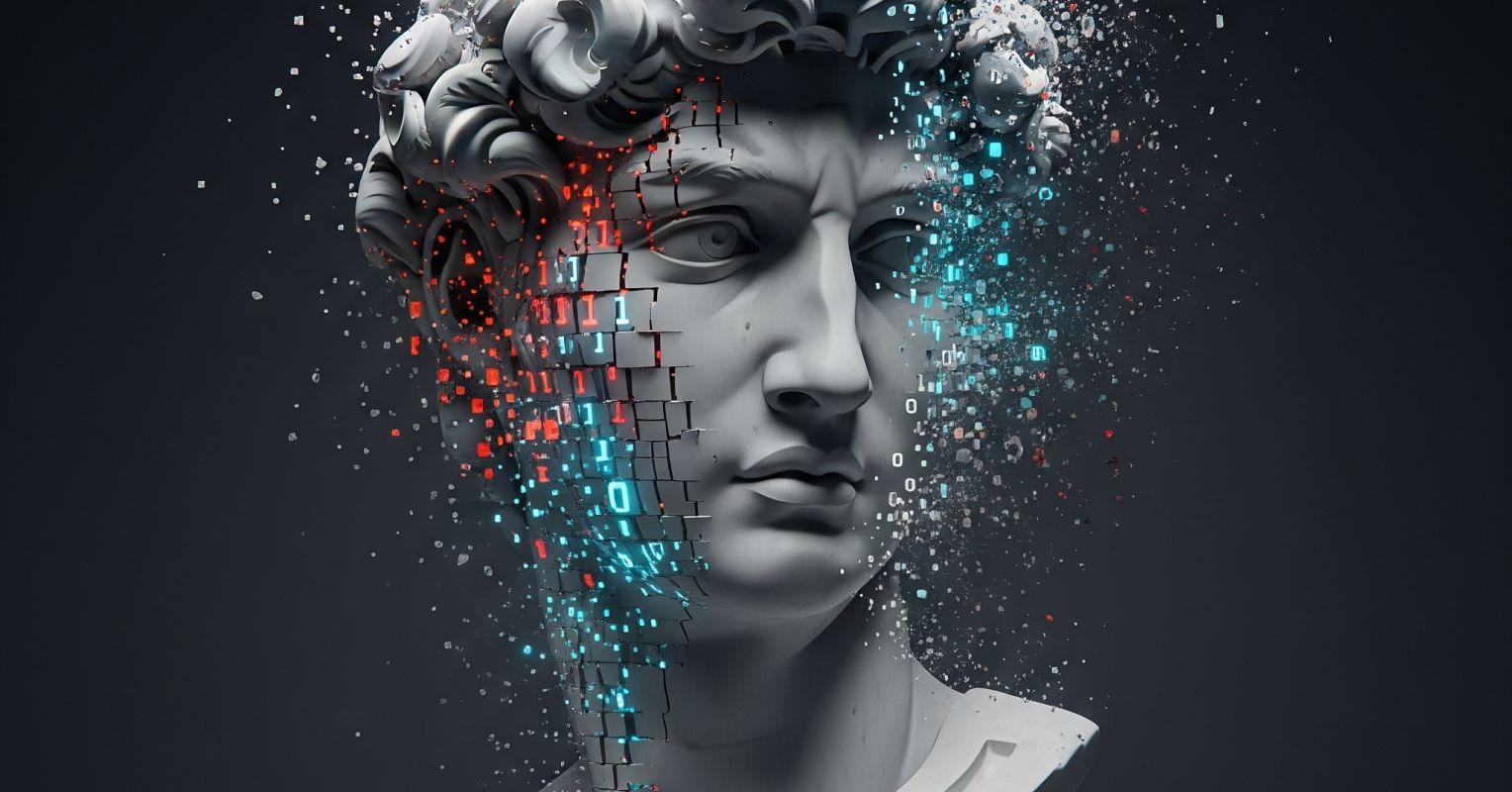
"We are, by nature, agents of our own lives. The feeling of being in control, of our thoughts translating into actions that shape our world, is fundamental to our sense of self."
"As we delegate more of our cognitive heavy lifting to artificial intelligence, we face a subtle yet profound threat: agency decay."
"This process involves a network of brain regions, including the pre-supplementary motor area, the angular gyrus in the parietal cortex, and the cerebellum."
"The more we offload our decision-making to algorithms, the more the feedback loop of our own agency is disrupted."
The article discusses the concept of 'sense of agency', which is the feeling that we are in control of our lives. This sense is crucial for our self-perception and is supported by complex brain functions. However, as technology and AI take over decision-making roles, there's a risk of 'agency decay.' This phenomenon mirrors psychological learned helplessness, where individuals can become passive when faced with overwhelming technology, undermining our ability to act and respond actively in our environments. Thus, reliance on algorithms may disrupt our internal feedback processes that reinforce agency.
Read at Psychology Today
Unable to calculate read time
Collection
[
|
...
]